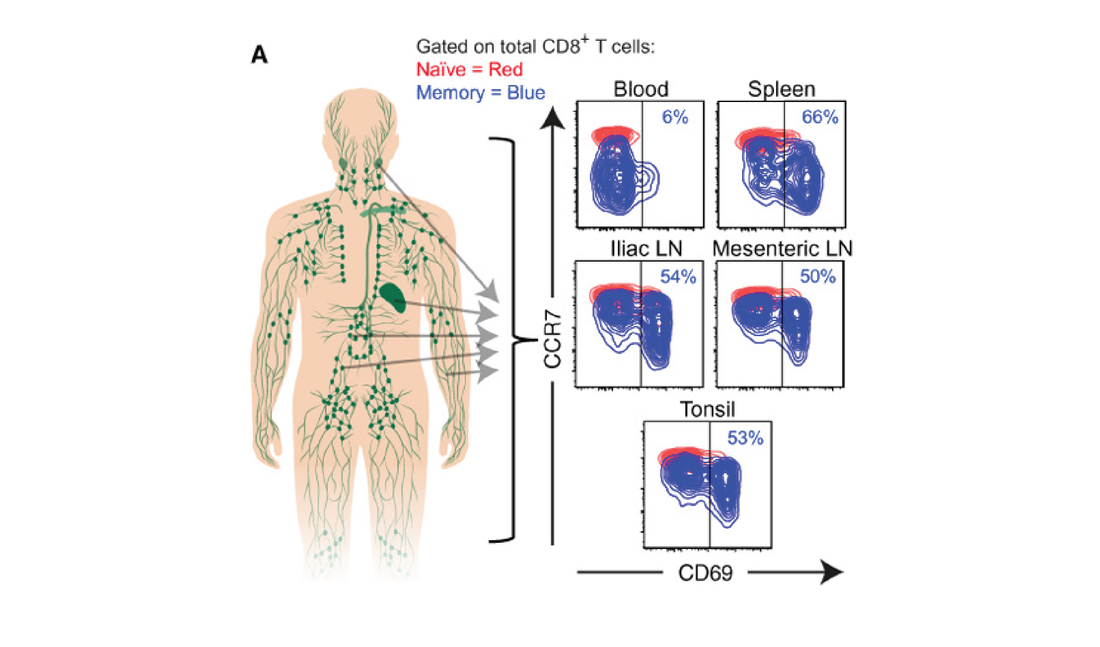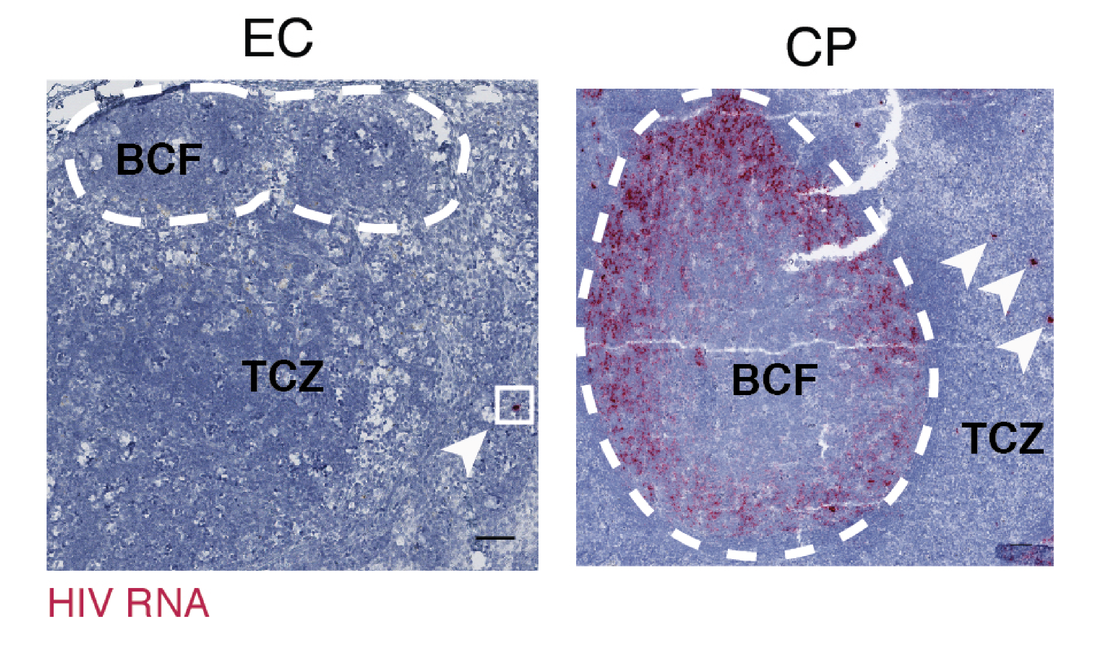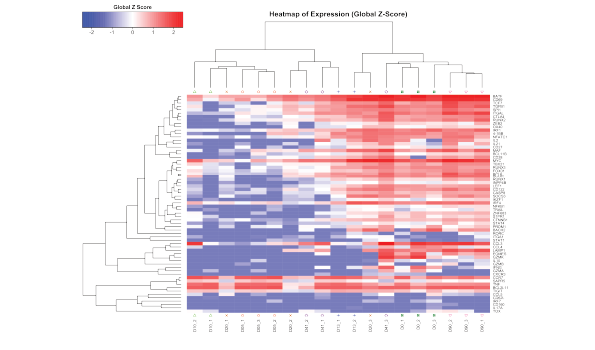Who are we?
We are a group based at the University of Pennsylvania in Philadelphia, PA that is studying human immunology in the context of human infection and diseases (including HIV, EBV, influenza, type I diabetes, Castleman, cancer, and recently SARS-CoV-2).
Our laboratory studies human T lymphocyte function in order to understand the role of these cells in controlling or eliminating viral pathogens and providing protection from infection. Our primary interest is in determining how and if the human CD8+ T cell response to HIV controls viral replication. We also study the immune response against a variety of other human pathogens, including Epstein-Barr virus, cytomegalovirus, influenza, and vaccinia virus. Importantly, the techniques we utilize can be applied to the study of the cell-mediated immune response against any human pathogen, including emerging pathogens and bioterrorism agents. We are also very interested in characterizing the human T cell response to various vaccine regimens against a variety of human pathogens designed to generate cell-mediated immunity in order to understand the underlying principles of vaccine-mediated immune protection. We have also recently dived more into understanding the cellular phenotype of HIV reservoir in its basal and unmanipulated state using novel methodology including a multiomic single-cell ATACseq to identify HIV-infected cells.
Human T lymphocytes have numerous functions, including the ability to produce various cytokines and chemokines, as well as mediate cell death through perforin- or fas-mediated cytotoxicity. Our research utilizes the most cutting edge techniques to measure human T lymphocyte responses through the use of polychromatic flow cytometry. This technique allows for the simultaneous examination of up to 26 separate parameters on lymphocytes. By measuring multiple T cell functions simultaneously, we can characterize the complexity of the CD4+ and CD8+ T cell response to HIV, EBV, CMV, Flu, and vaccinia. Not surprisingly, the T cell responses to these different viruses are quite variable; however, common response patterns do exist, and the importance of these patterns in the control of viral replication is the subject of future studies.
The current direction within the lab is to determine the underlying mechanisms that control the cell fate and functional characteristics of disease specific T and B cells in different human diseases.
Recent updates:
Our laboratory studies human T lymphocyte function in order to understand the role of these cells in controlling or eliminating viral pathogens and providing protection from infection. Our primary interest is in determining how and if the human CD8+ T cell response to HIV controls viral replication. We also study the immune response against a variety of other human pathogens, including Epstein-Barr virus, cytomegalovirus, influenza, and vaccinia virus. Importantly, the techniques we utilize can be applied to the study of the cell-mediated immune response against any human pathogen, including emerging pathogens and bioterrorism agents. We are also very interested in characterizing the human T cell response to various vaccine regimens against a variety of human pathogens designed to generate cell-mediated immunity in order to understand the underlying principles of vaccine-mediated immune protection. We have also recently dived more into understanding the cellular phenotype of HIV reservoir in its basal and unmanipulated state using novel methodology including a multiomic single-cell ATACseq to identify HIV-infected cells.
Human T lymphocytes have numerous functions, including the ability to produce various cytokines and chemokines, as well as mediate cell death through perforin- or fas-mediated cytotoxicity. Our research utilizes the most cutting edge techniques to measure human T lymphocyte responses through the use of polychromatic flow cytometry. This technique allows for the simultaneous examination of up to 26 separate parameters on lymphocytes. By measuring multiple T cell functions simultaneously, we can characterize the complexity of the CD4+ and CD8+ T cell response to HIV, EBV, CMV, Flu, and vaccinia. Not surprisingly, the T cell responses to these different viruses are quite variable; however, common response patterns do exist, and the importance of these patterns in the control of viral replication is the subject of future studies.
The current direction within the lab is to determine the underlying mechanisms that control the cell fate and functional characteristics of disease specific T and B cells in different human diseases.
Recent updates:
- Check out our recent publication in Nature Immunology on our viral scASAPseq strategy to profile the HIV reservoir!
- New! We have an open postdoc position - click here for more info and to apply!
Our research pillars
HUMAN PERSPECTIVEAssess immunological concepts directly in human samples |
TISSUE IMMUNOLOGYDefine properties of lymphocyte functions and phenotypes in blood and other tissue compartments |
HEALTH AND DISEASESInvestigate the role the immune system plays in controlling infection, driving disease, & organ donation |
OUR GOALTo understand T-cell biology in tissues in the context of human health and infectious diseases |


